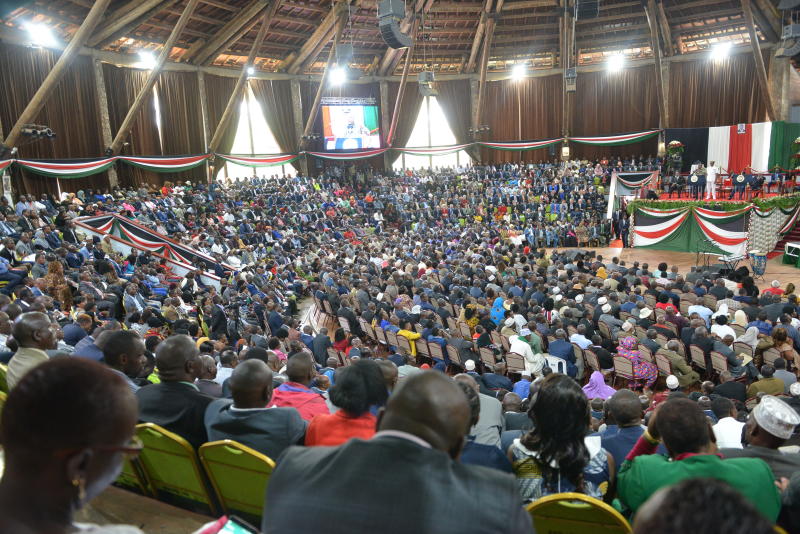×
The Standard e-Paper
Smart Minds Choose Us

Since the BBI report was launched last week, several politicians and political pundits have pronounced themselves as to the way forward with regards to its implementation.
Legislators allied to the deputy president have posited that BBI’s fate lies with Parliament whilst ODM leader Raila Odinga and his supporters insist the document can only be directly deliberated and endorsed by Kenyans.